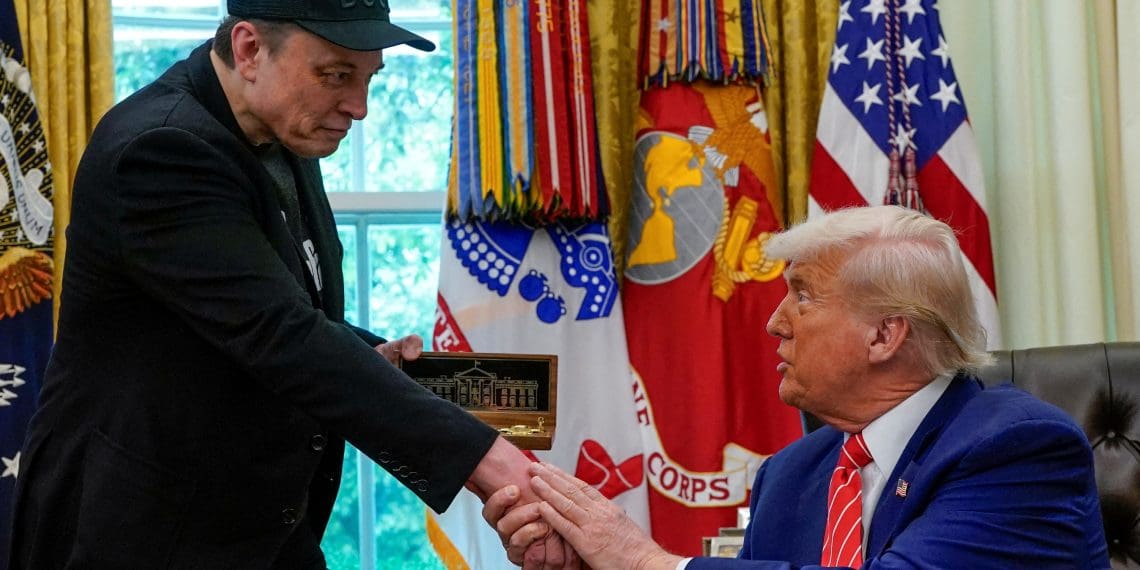Elon Musk’s dramatic fallout with President Donald Trump has ignited a political and financial firestorm, sending shockwaves through markets and reshaping alliances in Washington.
The rupture began when Musk, after stepping down from his role as head of the Department of Government Efficiency (DOGE), publicly denounced Trump’s “One Big Beautiful Bill” as a “disgusting abomination.” The bill proposes eliminating clean energy tax credits, including a $7,500 incentive for electric vehicles, which could cost Tesla up to $1.2 billion annually.
In retaliation, Trump threatened to revoke all government subsidies for Musk’s companies, leading to a 15% plunge in Tesla’s stock, erasing approximately $150 billion in market value. Musk responded by accusing Trump of being implicated in the Epstein files and suggested forming a new political party to represent centrist Americans.
This public feud marks a significant shift from their previous alliance, with Musk having been a major donor to Trump’s campaign and a key figure in his administration. The escalating conflict not only threatens Tesla’s financial stability but also signals a broader realignment in political affiliations and power structures within the U.S.
As the battle between these two titans unfolds, the implications for the automotive industry, clean energy initiatives, and the political landscape remain profound and far-reaching.









